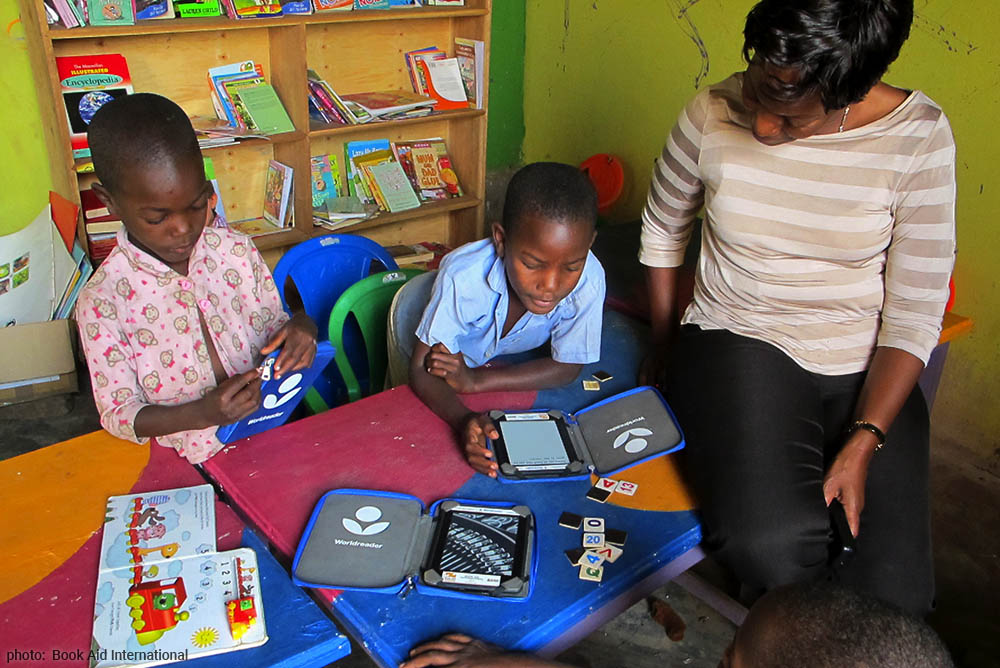Consultation Findings: Aid for Rural Education Access Initiative
In May, Aid for Rural Education Access Initiative (AREAi) hosted a civil society consultation with the International Commission on Financing Global Education Opportunity. The consultation focused on developing a financing pathway for increasing equal access to quality education for all children and youth. The consultation was held in Ogbomoso, Nigeria, where teachers, students and young people came from across the country to participate and share insightful perspectives on addressing global education challenges. Specifically, participants explored strategies for improving learning outcomes and opportunities to push leaders at all levels government to take action towards financing education.
Many consultation participants expressed disappointment in the low level of net school enrollment, especially for girls in developing countries such as Nigeria. They pointed to factors such as poverty, ignorance, illiteracy, insecurity and unemployment contributing to the lack of support and interest among parents and youth in education. In addition, they emphasized that child abuse, unsafe schools, poor learning environments, inadequate facilities and complacency were also reasons why there has been a lack of necessary investment in education.
Consultation participants also discussed what they believed to be the biggest obstacles to raising the quality of education in developing countries. They spoke at length about these obstacles, including insecurity, poor governance, lack of adequate financing, politicization of education, privatization, lack of qualified teachers, inadequate supervision of teacher trainees and ineffective governmental policies. To overcome these obstacles, consultation participants stressed that there must be more investment in better teacher training and increased budget allocation to create safe schools and free education for all. Participants highlighted how countries that have made significant progress in improving education in recent years have made core investments in their education systems, in areas such as early childhood development and technology. These countries have also tended to not interfere politically in the educational sector.
Consultation participants then moved on to discuss their hopes for what the future of schools and education would look like in 2030. They talked about smart classrooms, a safe learning environment, qualified teachers, gender equity in net school enrollment and attendance, advancements in education technology for basic and secondary education, better teacher-learner ratios, progressive educational policies, and cooperation between governments and education stakeholders.
One area of contention among consultation participants was a discussion about whether developing countries needed to create domestic pathways for education financing and rely less on international donor aid. Some participants argued that in order to address the issues faced by African countries with the lowest enrollment rates and highest out-of-school populations— such as Eritrea, Chad Republic, Republic of Benin, and Nigeria— there needed to be strong local financing pathways that are not dependent on foreign aid. However, others asserted that international aid from developed countries is critical for African countries to meet the funding needs for improving quality education. All participants agreed that the private sector represents a major source of funding for education and use their corporate social responsibility to scale up social impact through educational interventions, especially in marginalized communities. To harness these funding sources, government agencies must be created to monitor the distribution, allocation and utilization of funding as well as promote synergistic collaboration between all the major stakeholders in the financing pathway in order to ensure greater impact.
Gideon S. Olanrewaju is the Founder and Executive Director of Aid For Rural Education Access Initiative (AREAi). To learn more about AREAi’s work, please visit their website.


Great one.
Weldon Lanre.. Together as a country, we will be educated